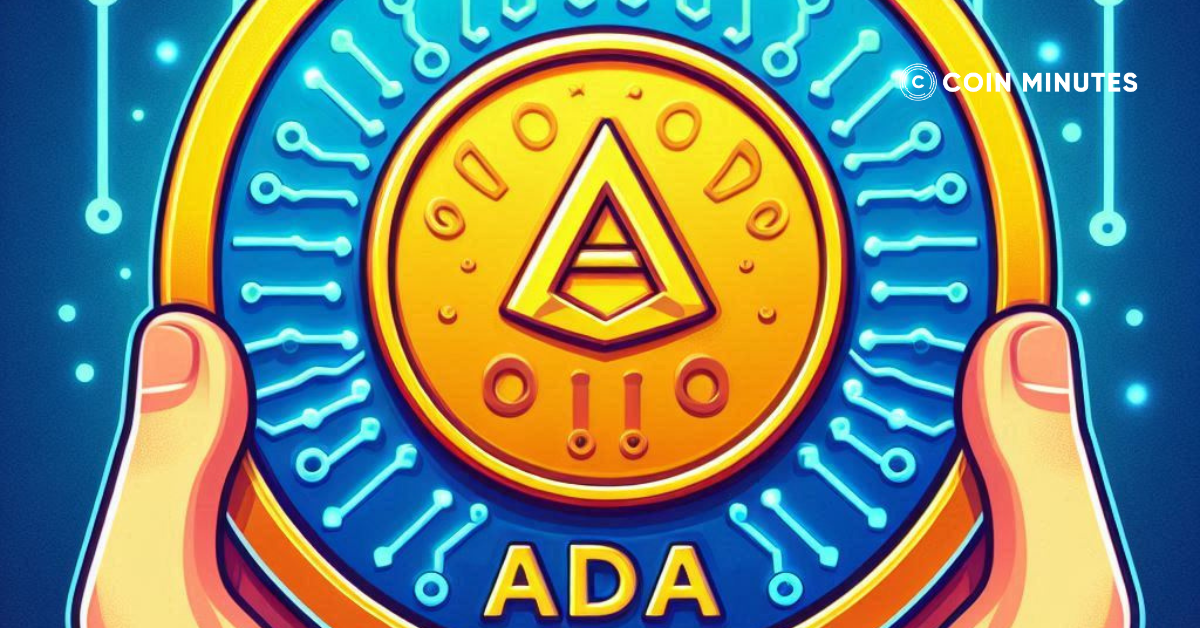Ethereum co-founder Vitalik Buterin has proposed reducing the Ethereum (ETH) staking requirement to encourage more solo stakers to participate and to enhance network decentralization.
In a debate on the X platform on October 3, 2024, Buterin discussed the current challenges facing solo stakers, who operate full nodes without third-party intermediaries. Individuals must stake a high amount per node, which poses a financial barrier for many.
I think there’s a sane version of this where we recognize that 32 ETH is much more of a barrier than bandwidth reqs, and temporarily do a trade where we up the bandwidth reqs a bit and in exchange drop the staking deposit minimum to eg. 16 or 24 ETH.
It’s net-good for both…
— vitalik.eth (@VitalikButerin) October 3, 2024
Buterin had previously emphasized the critical role solo stakers play in Ethereum’s security at the Ethereum Singapore 2024 event in September. He noted that even a small number of individual nodes can help protect the network from 51% attacks.
To make staking more accessible, Buterin proposed lowering the staking requirement to 16 or a lower amount, while potentially increasing the bandwidth requirement.
However, concerns were raised that geographic variations in home network capabilities could limit this change. Ultimately, Buterin suggested lowering the requirement to just a minimal amount to decentralize the network further.
Bandwidth is restricted by location, not by money though.
imo right now e.g. starlink with 5-20 Mbit upload is the lowest bound we should aim for longterm and we are already in it.
I’d agree though that upping bandwidth by a few Mbit is probably fine as most solos takers…
— Mat 🦇🔊 (@materkel) October 3, 2024
In addition, Buterin called on projects identifying as Layer 2 (L2) solutions to reach “Stage 1” status by the end of 2024, or risk losing the L2 designation within the Ethereum community.
Related: Solana Positioned as Ethereum’s Major Competitor, Says VanEck Report








